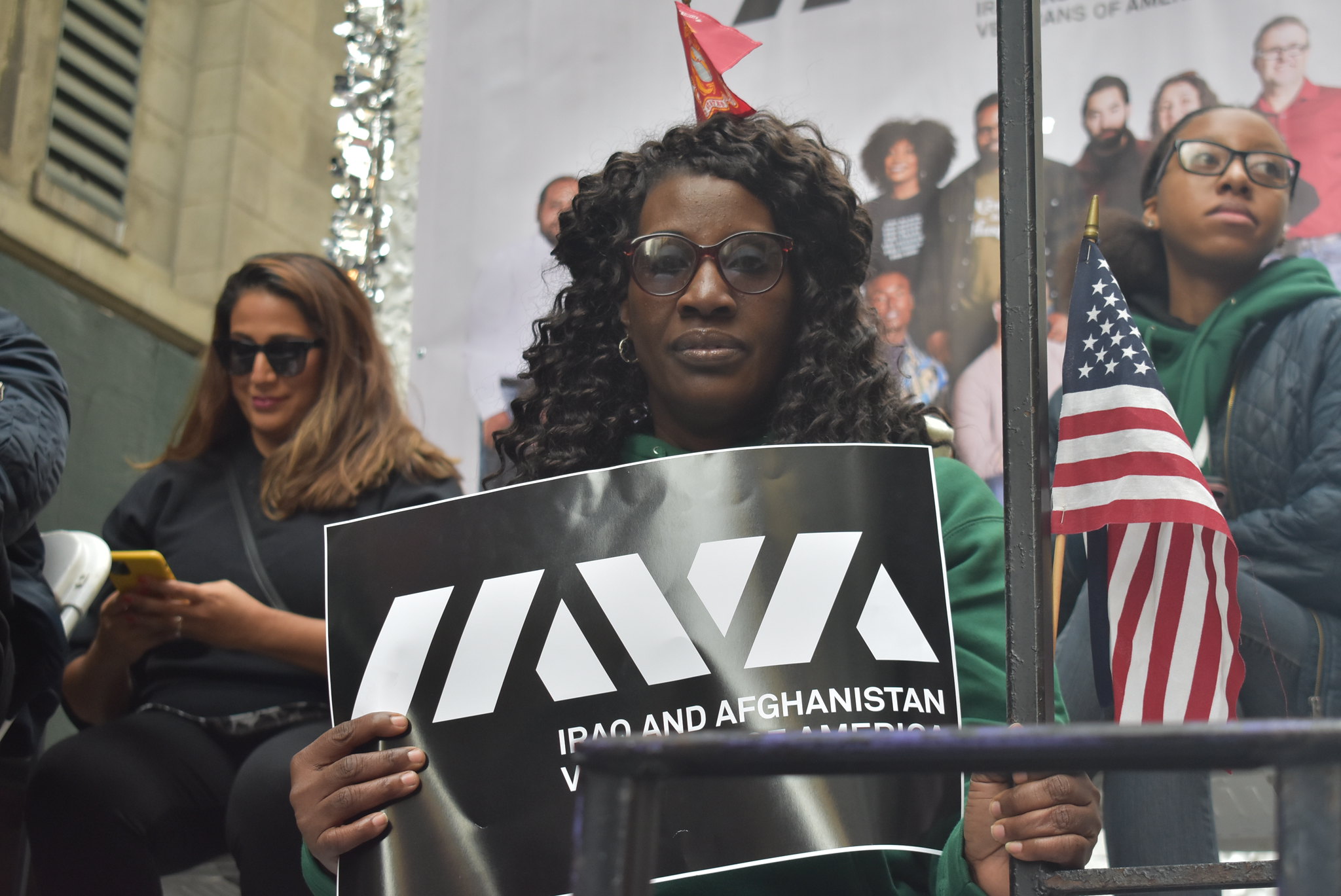IAVA | March 27, 2015
Read: Investing in Women Leaders: Mentorship, Leadership, and Flexibility

The number of women serving in the military is growing.
Almost 280,000 women have served in the Iraq and Afghanistan conflicts since 2001. Today, women play an integral role in military service, and their growing presence within the ranks is shedding light on the importance of women’s contributions and leadership in the service and beyond.
Recently, the Center for a New American Security held an event on Women’s Leadership in the Military and Private Sector furthering a conversation began by their previous report, Battlefields and Boardrooms: Women’s Leadership in the Military and the Private Sector.
The event focused on obstacles women in leadership face, offering solutions to best address these challenges and harness the talents and skills of women leaders.
Speakers and panelists continually emphasized the importance of leadership, mentorship, and flexibility for women’s success in the military and private sector. These values also align with the priorities of millennials entering the workplace, indicative of the needs of a changing workforce.
They also emphasized the importance of leaders valuing diversity in the workforce to increase leadership opportunities for junior employees and military personnel.
Leaders who listen to suggestions, actively seek feedback, and involve junior employees in conversations that lead to change can have a significant, positive effect on women in the military and in private industry.
By serving as mentors, these leaders, both male and female, play a critical role in paving the way and opening up opportunities for women and other underrepresented populations. This inclusivity is key to making progress, especially for those at more junior levels.
For example, leadership training and development programs are often improved by actively soliciting feedback from women and more junior staff. Men in leadership roles play an important role here too, not just as bystanders, but as advocates, as demonstrated in the UN’s HeForShe campaign and similar programs. Women must also be proactive in reaching out to potential mentors to establish professional relationships.
Flexibility has become even more important in the workplace due to the changing priorities of this generation and increasing number of dual-income households. Expanding current programs for military sabbaticals is one way to improve retention through increased flexibility.
Generally the program is used for time off to start families, but these programs could be extended to encourage professional growth in graduate school or the private sector. This would not only increase retention, but also bring the added value of new skills, education and expertise to our military force.
There is no doubt that women’s leadership in national security will be a key part of any future military successes. In order to sustain the all-volunteer force and build a strong nation, we will need to utilize the talents and skills of our entire population. Investing in women’s leadership and development across the board will benefit our military, private industry, and the nation at large.





